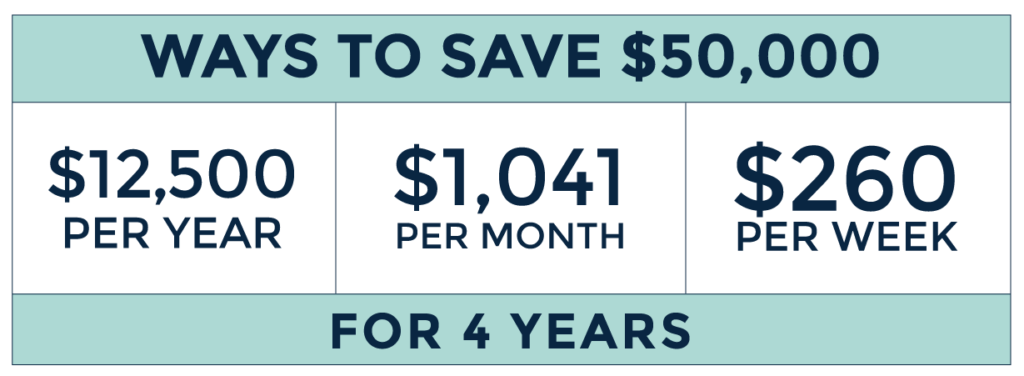Buying a home is a lofty purchase (no pun intended) and in today’s hot real estate market, you need to ensure you have your finances ready to go so you don’t get sidelined when that perfect property comes along. One thing that we can’t forget to budget for are those damn closing costs. These costs will vary depending on the property but you need to ensure you have enough cash to cover these them in addition to your down payment.
When it comes to a resale property, you only have two closing costs to account for: your Land Transfer Tax and legal expenses. You can expect to pay these when you get your keys and the title is transferred to you from the seller. On closing your lawyer will provide you with a Statement of Adjustments that will outline all of your closing costs and expenditures.
With pre-construction properties things are a bit different. In addition to your legal fees and Land Transfer Tax, you are also paying Development Charges and miscellaneous fees like the Tarion Home Warranty fee. These fees are specific to newly built properties.
Purchasers who are using their pre-construction properties as investments will also need to pay HST upfront to a maximum of $24,000. Your lawyer can file for a full HST rebate, refunded 4 to 6 weeks later, provided you have a one year lease in place. There is no HST for purchasers who are using the property as their principal residence.
So while you may have a few extra costs up front, you don’t have to pay your closing costs for roughly 3 to 4 years after your initial purchase. While Interim Occupancy (when you can officially occupy or rent out the property) takes place once the building is move-in ready, the title transfer day (otherwise known as the Registration date) doesn’t take place until shortly thereafter. As the Registration date approaches, the builder will give you 21 days notice so that you can have your finances in order. Your lawyer will act as the liaison between you and the builder leading up to this date.
 We’ve made it easy for you to get a better estimate on what you can expect to pay in closing costs. Download our Closing Cost Calculator to get a better idea of what you can expect to pay on a particular property.
We’ve made it easy for you to get a better estimate on what you can expect to pay in closing costs. Download our Closing Cost Calculator to get a better idea of what you can expect to pay on a particular property.
If you know you have 4 years to save for your closing costs, set up a plan to help yourself save efficiently. A great way to budget for these added expenses is to work backwards. Once you’ve determined your approximate closing costs with our Closing Cost Calculator, let’s suppose you need to have $50,000 for your closing costs. By working backwards you can figure out what you’ll need to save each year, each month or each week. Breaking it down this way helps segment your savings approach.

By breaking it down this way, you can determine which goal is easier to set in order to save what you need when your closing costs are due. Ask yourself if it’s easier to save $260 each week for 4 years or is saving an extra $1,041 each month preferable. Knowing your closing costs aren’t due for a few years allows you to budget what you need during the construction phase and gets you into the market and further ahead compared to resale.
For those of you who are first-time buyers, you may be eligible for a portion of the Land Transfer Tax Rebate. Learn about First Time Buyer Rebates and how much you could earn back here.
Get the hottest pre-construction investment opportunities right to your inbox.